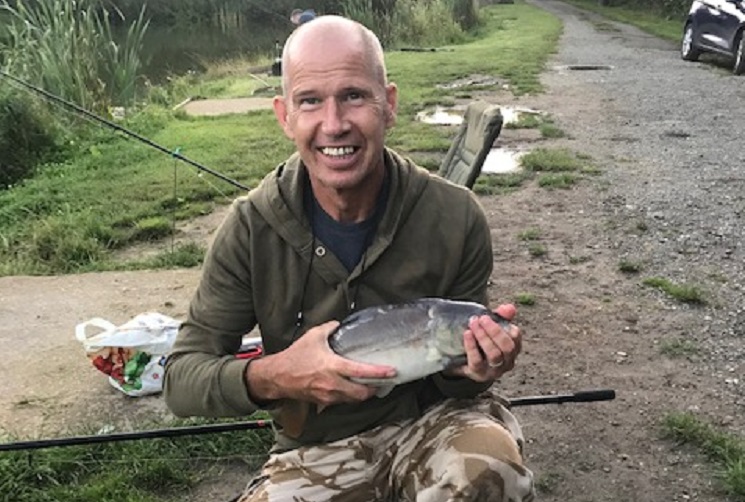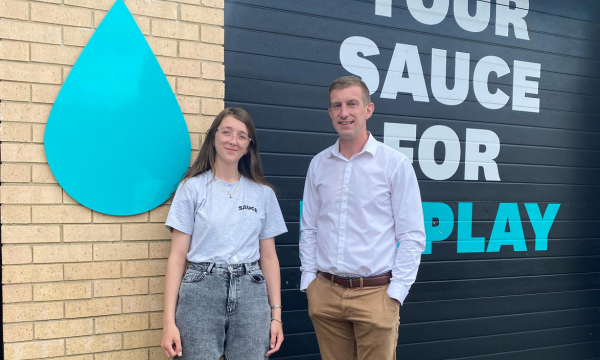Continuing our series looking at people who work in the care sector, we look at the role of a team leader in a therapeutic residential home for young people.
Of all the jobs in social care, one of the most rewarding is working with young people in difficulties. It’s a role in which you can really make a difference to somebody’s life, helping to divert a young person from a path which could see them excluded from mainstream society and carried into the criminal justice system.
Bringing the right influence to bear at this critical, formative time in a young person’s life can change their life forever, setting them on a positive course towards success and happiness in adult life. Few jobs, arguably, are as important or fulfilling.

There are many different jobs you can do where you can be the person who performs this vital role. A variety of different youth work, young person’s social work and youth advocacy opportunities are available for people with the right qualities of empathy and compassion.
Some of the young people with the biggest problems end up in residential care homes. They are typically young people who have suffered severe abuse of one kind or another, and have often had breakdowns in foster homes due to their difficulties.
It’s often hard for foster parents to deal with the most difficult cases, and these children need the extra support and care a therapeutic residential care home can provide. Their time in the home, with its 24-hour supportive care, gives them the foundation they need to rebuild their lives.
A typical day
Wynne Randles works as a team leader in just such a home, which caters for 4 young people, 3 boys and 1 girl, with ages ranging from 11 to 15.
“Unfortunately there’s a real need for our role. Residential care isn’t the first option but it does meet the needs of many young people,”
Wynne says.
“For some young people residential care is the best setting because within a team you’ve got different skills. For many foster families some of our young people are a bit full-on, if it was just a couple it would be a lot harder sharing that responsibility compared to a team of 10 people.”
Three staff are at work each day, and 2 of them will stay overnight, finishing their 24-hour duty when they hand over to the next day’s staff the following morning. It’s a long day, but the idea is to give the young people as close as possible to a normal family home as they can.
In normal times, most of the young people will be at school Monday to Friday, so one of the big jobs is the twice daily school run. With the children at school the staff get on with cleaning, health and safety and vehicle checks. Once they’re back home it’s preparing the evening meal, helping with homework, and taking people out to evening activities such as dancing or Sea Cadets.
“Weekends and holidays they get to lie in a bit longer, but we try to get them up fairly early. Different kids have different activities like camping, horse riding, fishing, bike rides. Saturdays they’ve got independence, where they go into the town for a couple of hours like normal teenagers,” says Wynne.
Many paths into the profession
Wynne’s route to his current role was a roundabout one. After 9 years in the British Army he left, hoping to become a social worker. But lacking the necessary qualifications he went to community college, volunteering at a youth club in the meantime.
He was offered a paid job in youth service and went on a youth work course. A tutor at the college asked if he’d ever thought of becoming a tutor himself, so he went on a teacher training course and became a key skills tutor, helping young people learn English, maths and other key skills.
From there came 5 years as a youth inclusion officer with the Youth Justice Board, working with at risk young people and trying to steer them off the criminal justice path. Then a stint at a local youth group, before finally starting in his current role at young person’s charity Action for Children.
Making a lasting impact
He explains why he finds his present job so rewarding.
“In my other roles as a tutor I had a positive impact on these young people’s lives for at most a few hours a day, on the Youth Justice Board a few hours a week, then they go back to issues that are beyond my control. Within a residential home you’re there full time, you can give them that support and role modelling they need. It’s such a rewarding job and it’s through that care you can supply that you can make life changing differences.”
Speaking about the qualities you need to work in this field, Wynne says empathy, compassion and a caring nature are key. It’s not a profession that often gets the credit for the vital work it does, nor is it necessarily as respected as others. But the people who work in these homes know the young people in their care better than any other professionals they will come into contact with, and arguably have a bigger impact on turning their lives around.
“If you’ve played a role in any team where you’ve wanted to empower and help others, if you believe all children are a work in progress, if you could contribute to help them do what they want to do in life, come and have a chat to someone who works in the sector. Your skillset and qualities as a person could have ripples of effect for generations to come.”
If that's not reason enough, what is?







